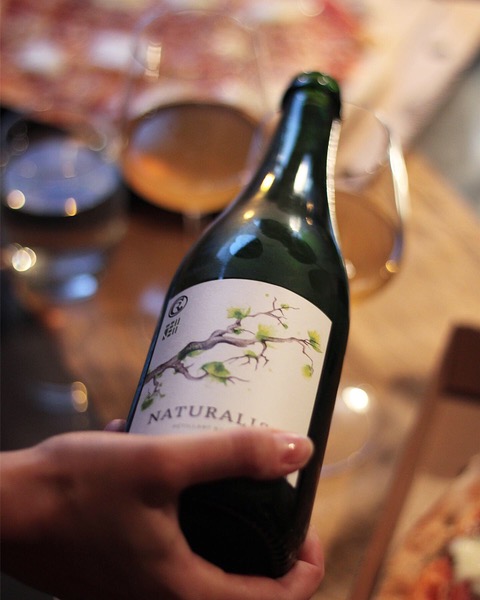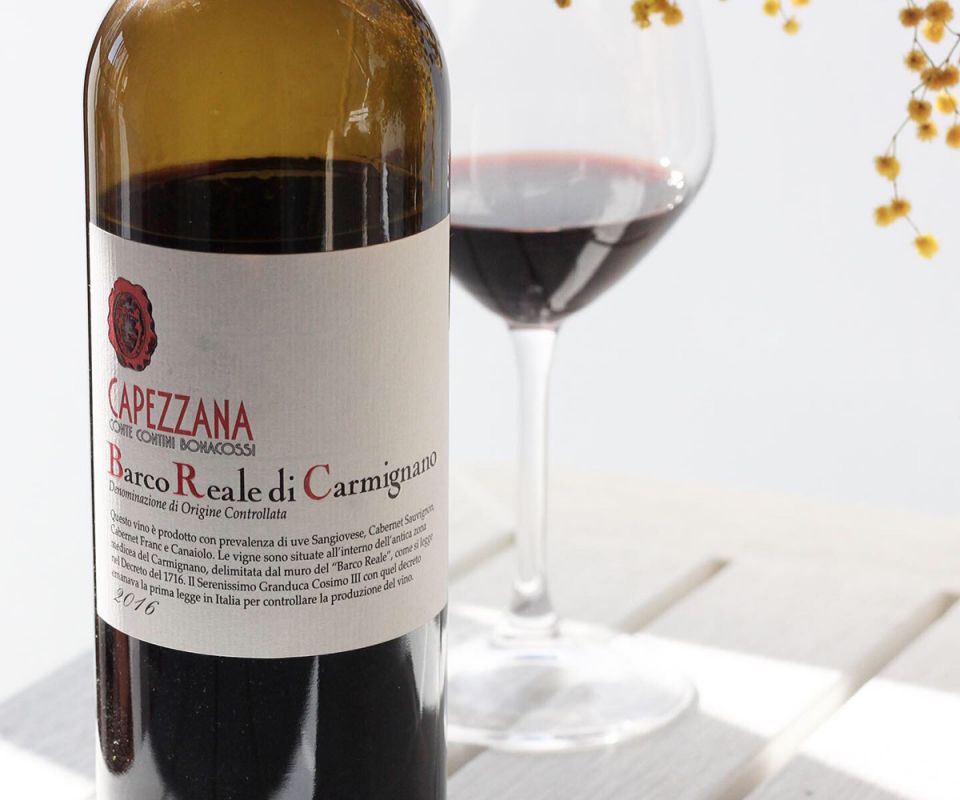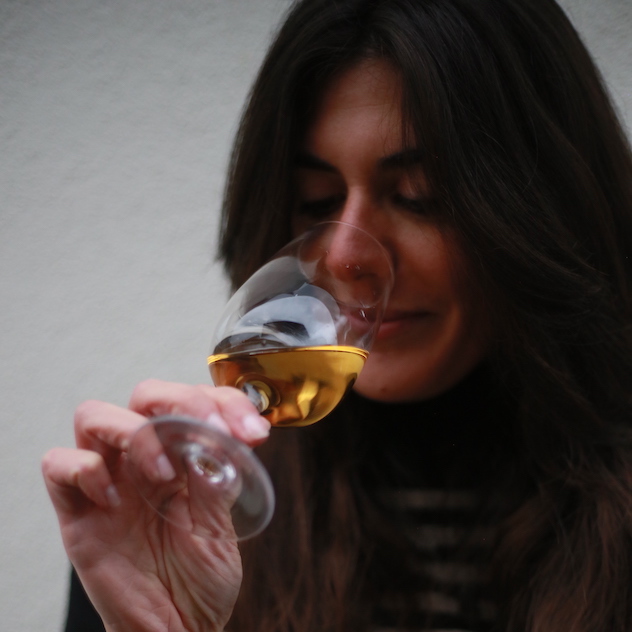Believe it or not, although wine is made from grapes, that doesn’t necessarily make it vegan (or vegetarian!). This is due to a winemaking process called fining. After fermentation, all wines are cloudy and contain tiny molecules such as proteins, tartrates, tannins and phenolics. Despite all these being natural and harmless, they are not desired by wine-drinkers who prefer their wines to be bright and clear.
Vegan wines
Most wines will self- stabilise and self- fine themselves if left long enough. However, modern wine styles and market pressures demand a faster process and producers use fining agents to speed up the process.
They essentially act like a magnet, attracting the molecules around them and then coagulating to create fewer but larger particles which can be more easily removed.
These additives can contain animal- derived products such as:
- Gelatine (derived from animal skin and connective tissue)
- Isinglass (derived from fish bladders)
- Albumen (egg whites)
- Casein (milk proteins)
These fining agents are known as processing aids, that means they are not additives but they are added to wine in order to remove unwanted substances, all of which are then filtered out.

This is the reason why fining agents are not labelled as ingredients on the final bottle of wine. However, tiny traces may be absorbed into the wine during the fining process creating a non- vegan friendly wine.
So how do you make a vegan wine?
As we have already said, vegan wines are made without animal products, so winemakers either leave the sediments to sink naturally to the bottom of the barrels, or uses non- animal fining products. The most common ones are:
- Bentonite clay
- Activated charcoal
- Silica gel
- Pea gelatine
With the rise of veganism, an increasing number of wine producers around the world are adopting a more natural approach to not fine or filter their wines.
How do consumers know that the wine is vegan?
Generally speaking, it can be difficult to figure out if a wine is vegan by just looking at the label.
The term unfined or unfiltered is sometimes used on bottles to show that the wine was made without the use of fining agents, so look out for this if you’re on the hunt for a vegan- friendly bottle.
You should also look out for variants of this in other languages, for example:
Non- filtre (French wines), sins- filtrar (Spanish wines) or non- filtrato (Italian wines).
Even though natural wine is vegan, it doesn’t mean that organic and biodynamic wines are always vegan-friendly.
Organic and biodynamic purely refers to the way in which the grapes are grown, not the processing involved.
So, if in doubt, always look up the producer, as they will make it clear on their website whether their wines are vegan.

Why choose a vegan wine?
Many wine lovers believe that vegan wines taste different. This Vegan wine is just like any other wine except it does not contain any animal derived substances.
So here are some good reasons to choose vegan wines:
-
Vegan wine can be drunk by omnivores, pescatarians, vegans, vegetarians and almost everyone. The combination with food can be amongst the most fascinating and refined pairings available.
-
It is as good as the others: as already mentioned, there
-
Vegan wine is no different to conventional wine in terms of flavours or alcohol content.
-
Prices are very often the same too. The difference is in the passion that leads producers to create a wine, without using any components derived from animals.

Good news for vegans
There has recently been a rise of veganism along with a considerable increase in desire for organic and biodynamic wines. According to Decanter, “wine bars and retailers have started to market some wines as vegan friendly in response to the growth of veganism in several countries, including the UK and US. According to The Vegan Society, 600,000 people in the UK were vegan in 2019, compared to 150,000 in 2014.
Veganuary the post- festive detox trend has become a very popular over the past few years. According to The Vegan Society, in January 2019 250,000 people signed up to take part in Veganuary in the UK.




